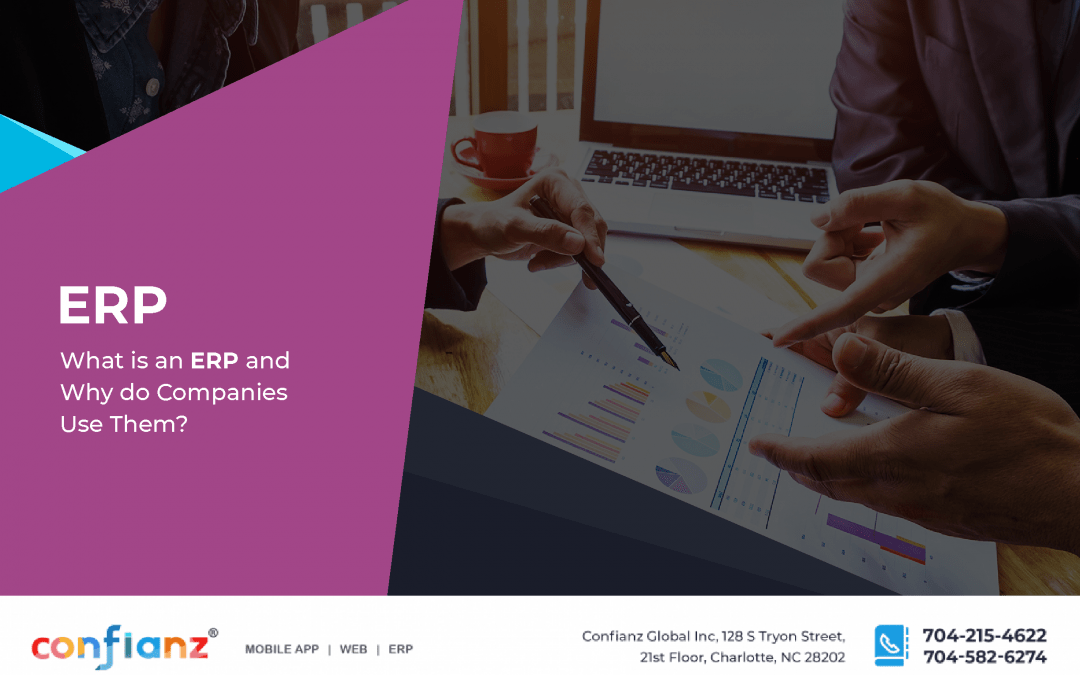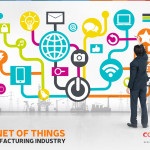ERP stands for Enterprise Resource Planning. ERP software is a software system that integrates all of a business’ information to help it run more efficiently. An ERP manages every sector of a company, from inventory to customer data to finance (and everything in between).
While we think of ERP as a single platform, it’s technically a bundle of software that includes systems like customer relationship management (CRM), enterprise resource planning (ERP), supply chain management (SCM), and other related modules.
Companies use ERPs because they make it easier to automate business processes. ERPs also provide real-time data for all employees, which can help employees make informed decisions in their respective areas.
So, is it time for your business to make the leap and get on the ERP bandwagon? Read on for our complete guide to ERP Systems.
The History of ERPs
While the acronym ERP was first used in the 1990s, ERP software has been around since the 1960s. Of course, they all looked very different than programs today, but the basic concept has remained stable.
IBM developed the first side by side with a construction machinery manufacturer. This means ERPs have always been built with the help of the target market. They used to be called MRPs (Material Requirements Planning systems) and were made to help businesses with more of an industrial focus.
Of course, at the time, they were impractical for most businesses. This was because, like most computing systems of the time, they were large, expensive, and needed a lot of looking after.
However, in the 1980s, Oracle, JD Edwards, and other software companies worked to make them more practical for a broader range of businesses. They also added more features that made the software more useful for companies outside manufacturing.
In the 1990s, the acronym ERP was coined, and cloud solutions finally made ERPs accessible to small businesses.
Since then, ERPs have exploded in popularity, with companies offering all kinds of bespoke solutions for different styles of business. Customers range from the largest global corporations to the smallest startups.
ERPs have evolved in leaps and bounds during the 21st century. They’ve become more integrated with other business software, like customer relationship management applications and supply chain management. In addition, internet advances have allowed ERPs to incorporate real-time data for warehouse management.
The Two Types of ERPs
There are two different types of ERPs: integrated and modular.
The fundamental difference between the two is that integrated ERPs provide a one-size-fits-all experience. In contrast, modular ERPs are buffet-style software that let companies only use the features they need.
Integrated ERPs give you a package with a set of functionalities built-in, which is good if you don’t want to figure out which functions you do and don’t want. It can also save you the headache of incorporating something new if you discover down the road that you need a process you thought you didn’t.
Modular ERPs are best for people who don’t want to pay for anything they don’t want and be able to add functionality as they need it. These include ERPs like Odoo and NetSuite.
The biggest draw of a Modular ERP is its flexibility. Still, there’s enough diversity among integrated ERPs that you can find what you want if you do a lot of research upfront.
There are a few other ways to divide ERPs into categories. For example, there’s open-source vs. proprietary and free vs. paid, but these are more useful once you’ve decided between these two more significant categories.
What Can ERPs Do?
Because of the diversity of applications, it’s impossible to create a comprehensive list of everything an ERP can do. In addition, beyond the standard functions, many open-source ERPs have extensive user-built software libraries for niche purposes.
So, on a basic level, your ERP will consolidate different business processes and put them all in one place. It will also automate functions that you needed to do manually before.
ERP software is typically designed to execute multiple business processes such as:
- Order management
- Inventory control
- Production planning and scheduling
- Customer relationship management (CRM)
- Human resources management (HRM)
- Financial accounting and analysis
- Accounting software integration
What to Consider Before Installing an ERP
Because ERP software will impact every aspect of your business, it’s essential to think carefully before choosing one.
The best ERP system for your business needs will depend on what you are looking for in your software. Different systems offer various features, which means that one may be better than the other depending on your needs and wants. You can also customize an ERP system to meet your needs if one does not fit them perfectly.
Your needs may include standardization, automation, scalability, and flexibility. These factors will determine the software’s functionality, cost, and implementation time.
Selecting an ERP system can be a daunting task due to the large number of available solutions. However, understanding your business needs beforehand will help you better understand which features are important to you and what pricing plans best fit your budget.
To make it easier, you should first define what kind of ERP system you need by answering these three questions:
- What are you planning to do with the software?
- What are your industry’s needs?
- How much time and money are you willing to invest in this process?
In addition, it would be best to run a Cost-Benefit Analysis before you pull the trigger.
Erase Your Business’s Frustration by Implementing an Enterprise Resource Planning System
We might be a little biased, but there are very few downsides to getting an ERP. They allow you to manage every aspect of your company, including managing inventory, processing orders, tracking shipments, managing employees, and more. At the same time, ERP software automates processes and increases efficiency.
If the process of choosing an ERP seems daunting to you, the team at Confianz is always here to help! Our trained experts can give you the personal attention and advice you need to make the right choice for your business.
Looking for ERP Implementation Services?
We can help you with Odoo ERP implementation & Customization. Call us today!





